Critical thinking is the precursor to innovation, a key to college and career readiness and has been linked to more positive life outcomes. The complex global challenges we face today have placed a peak demand for critical thinkers.
Research shows that critical thinking development begins at an early age, but too often adults discount young children’s ability to think critically and as a result do not intentionally focus on critical thinking.
thinkLaw early elementary lessons take critical thinking strategies taught in law schools and break them down in age and developmentally appropriate ways for our youngest of learners. thinkLaw’s curriculum for older students focuses on using high-interest legal cases as a springboard to critical thought and discussion. In the early elementary edition, these legal cases are replaced with fairy tales, folk tales, and nursery rhymes.
Our goal is to provide a solid, easy-to-use early elementary lessons that are intentional about fostering critical thinking in PreK – 2nd grade. It is important that young children receive a solid foundation of fundamental skills in the early grades. However, they also need an intentional introduction to critical thinking skills.
To demonstrate our approach, let’s consider “The Legend of the Evergreens.”
In the story, a little bird has a broken wing. The bird cannot fly south for the winter so she asks the trees for help. Many of the trees refuse her request. But the spruce tree tells her that she can spend the winter nestled in his branches. The pine tree offers to block the wind and the juniper tree offers its berries for the bird to eat. The Frost King sees the trees kindness and orders the North Wind to allow these kind trees to keep their leaves all year round.
This is a nice little traditional folktale that elementary-aged students enjoy. However, when it comes to teaching stories like “the Legend of the Evergreens” we all too often settle for simplicity. We ask students questions like, “Who is the main character?” Or ask them to retell the events. While these questions are not unimportant, they don’t require students to think critically.
What if we approached this story like an attorney? What if we asked our students to make and evaluate difficult decisions? It would look more like this:
What should the little bird do?
Students brainstorm the possibilities and share their response. Then next question is “What would you do if you were little bird and why?” Then students draw a picture of what might happen if little bird followed their plan. Suddenly students are thinking on a deeper level.
The great thing is that this type of thinking approach can be done with even the youngest of students.
The same activity can be applied across multiple grade levels.
The call to think deeply continues as the story progresses. The little bird goes to the trees to ask for help. An initial vote among the class will probably indicate that most students believe the the trees should help the bird. But students are stopped and asked to consider arguments from both sides. Why should the trees help the bird? Why should the trees NOT help the bird?
As students work individually or with groups to evaluate reasons behind each decisions they begin to understand multiple perspectives. Follow this brainstorming session with another vote. How many students still think the trees should help the bird? Did anyone change their mind? If so why? What arguments could be made to convince the trees to help?
When we see that our youngest students are capable deeper level thinking how can we continue to settle with questions that focus on basic recall?
Our challenge to you is to take time to focus on the development of critical thought in your early elementary classrooms.
If you’d like to try “The Legends of the Evergreens” with your classroom, it’s available on our Teachers Pay Teachers store here.
To learn how your school or organization can adopt thinkLaw’s standards-aligned program that helps educators teach critical thinking to all students, please click here to schedule a time to speak with someone on the thinkLaw team, call us now at (702) 318-7512 or join us on our next webinar; Thinking Like a Lawyer: Powerful Strategies to Teach Critical Thinking to All Students
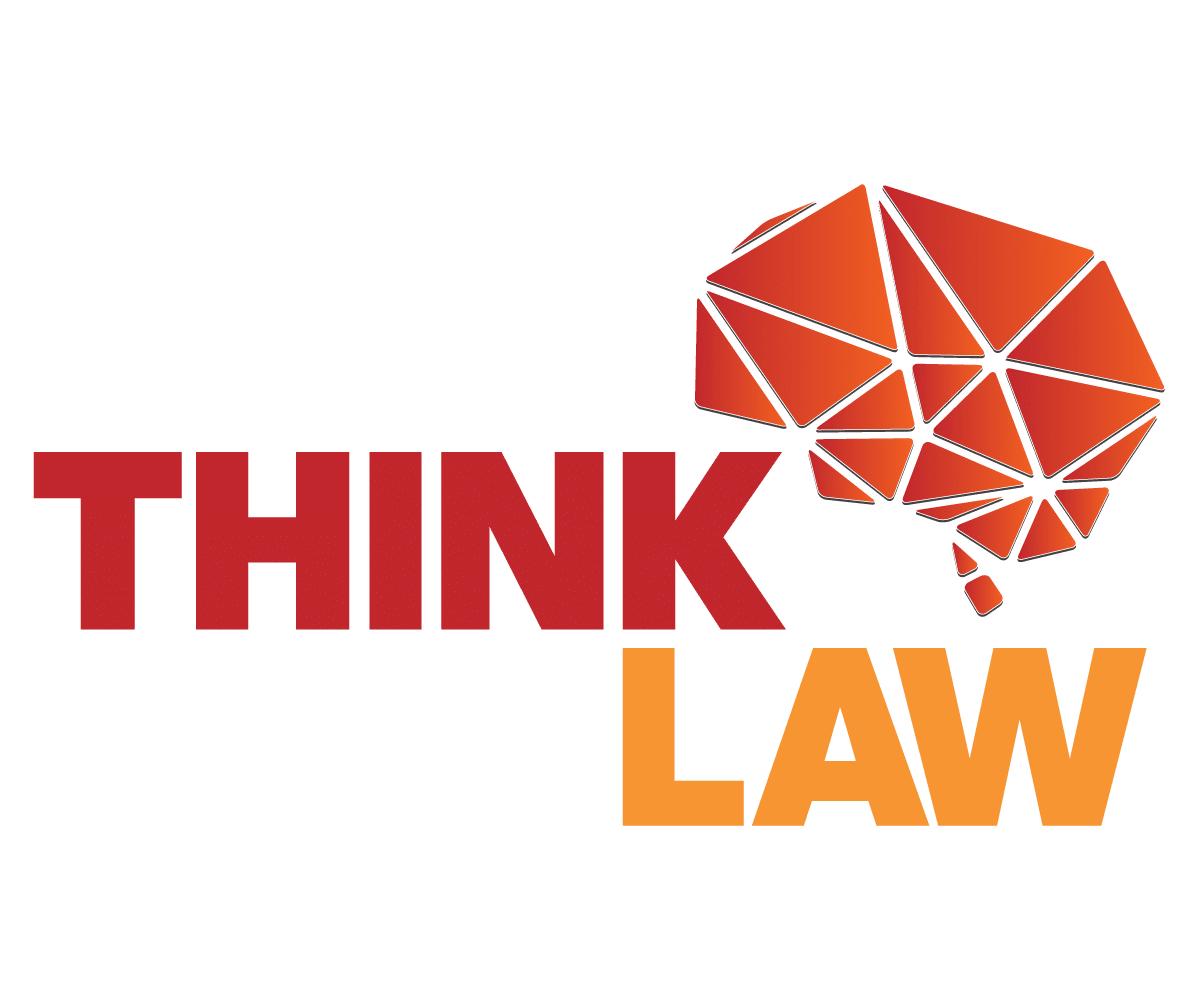






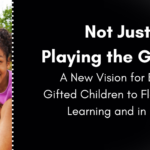
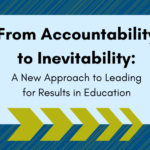
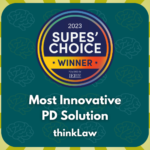
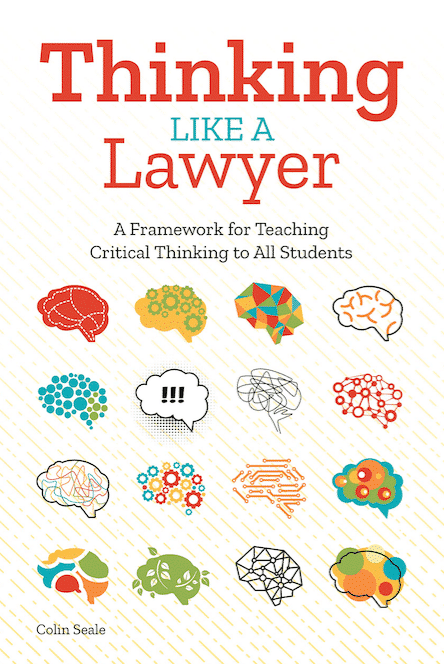
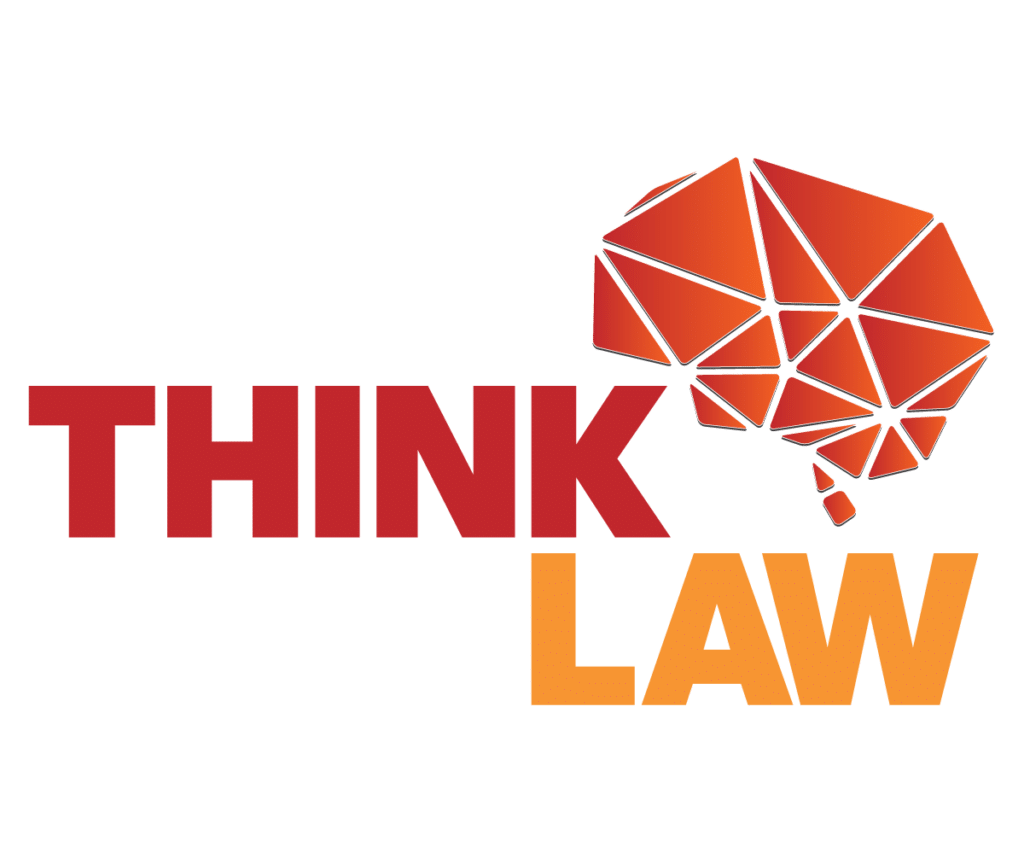
Leave a Reply